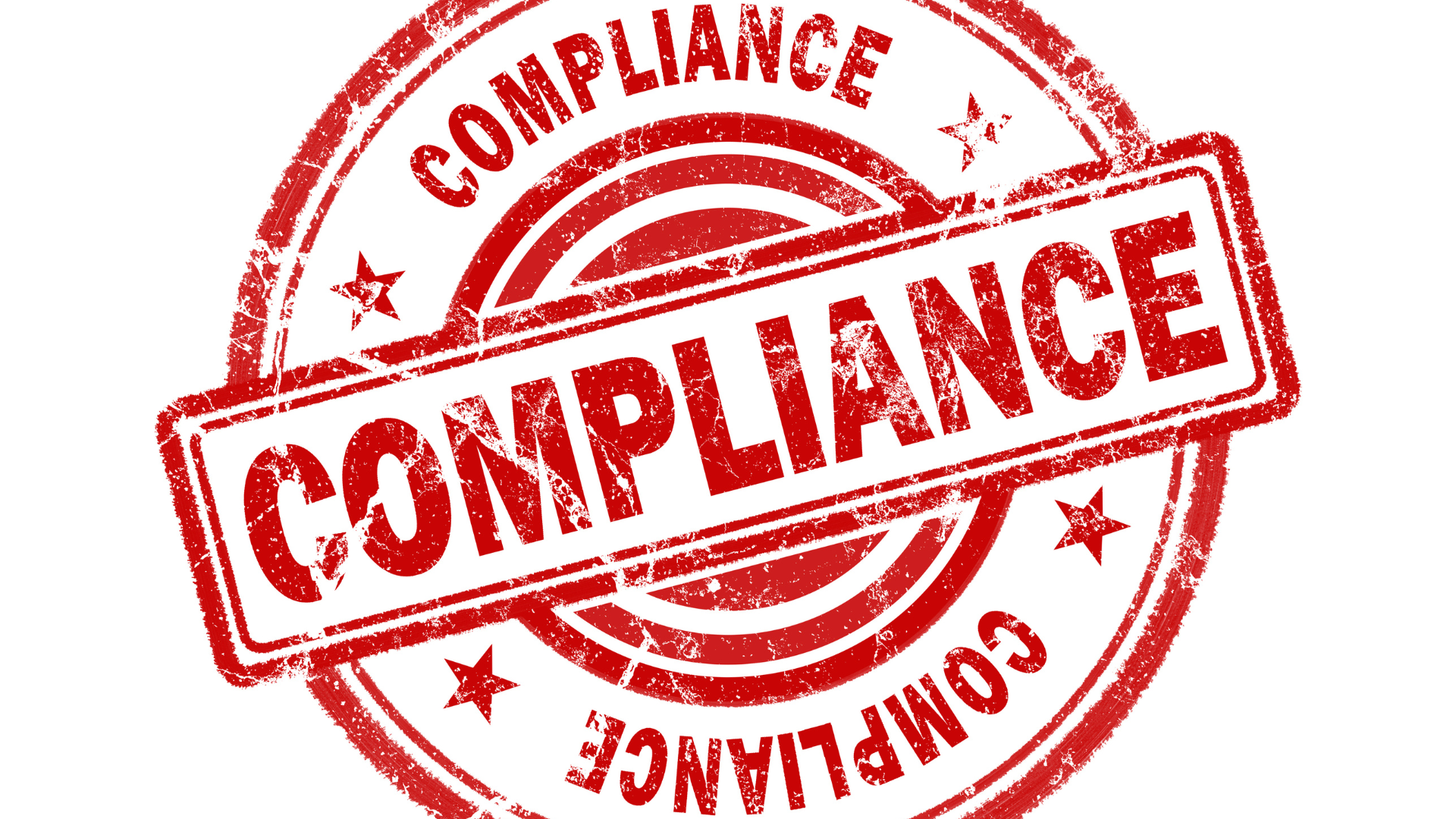Top HIPAA Violations and How to Avoid Them
Protect Your Patients’ Trust and Avoid HIPAA Violations
Have you ever wondered how secure your patients’ data really is? In today’s digital age, protecting sensitive information is more crucial than ever. For businesses in the healthcare industry, maintaining compliance with the Health Insurance Portability and Accountability Act (HIPAA) isn’t just a legal requirement—it’s a matter of trust.
HIPAA compliance can seem daunting, but it doesn’t have to be. By understanding the key requirements and implementing best practices, businesses can protect their patients’ data while also enhancing their operational efficiency.
What is HIPAA?
The Health Insurance Portability and Accountability Act (HIPAA), enacted in 1996, is a federal law designed to protect sensitive patient information from being disclosed without the patient’s consent or knowledge. The act has several critical components that businesses handling health information must comply with to ensure the privacy and security of patient data.
Top HIPAA Violations
Failure to Perform an Organization-Wide Risk Analysis
A comprehensive risk analysis is the cornerstone of HIPAA compliance. Many organizations overlook this step, leading to vulnerabilities in their data protection strategies.
How to Avoid It?
- Conduct regular risk assessments to identify and address potential security threats.
- Document all findings and implement corrective actions promptly.
- Review and update your risk management plan annually.
Lack of Employee Training
Employees who are not adequately trained on HIPAA regulations pose a significant risk to data security. Unintentional mishandling of PHI can lead to severe breaches.
How to Avoid It?
- Implement regular training programs for all employees, covering the latest HIPAA guidelines.
- Conduct refresher courses and compliance quizzes to reinforce knowledge.
- Keep detailed records of all training sessions.
Improper Disposal of PHI
Improper disposal of documents or electronic devices containing PHI is a common violation. Failing to securely destroy this information can result in unauthorized access.
How to Avoid It?
- Establish strict protocols for the disposal of PHI, including shredding paper documents and securely wiping electronic devices.
- Partner with certified disposal companies that specialize in handling PHI.
- Ensure all employees understand and follow disposal procedures.
Unauthorized Access to PHI
Allowing unauthorized individuals to access PHI, whether intentionally or accidentally, is a significant breach of HIPAA rules. This often occurs due to weak access controls or sharing login credentials.
How to Avoid It?
- Implement strong access controls, such as role-based access and multi-factor authentication.
- Regularly audit access logs to detect any unauthorized access attempts.
- Educate employees on the importance of safeguarding their login credentials.
Failure to Provide Timely Breach Notification
When a breach occurs, timely notification to affected individuals and the Department of Health and Human Services (HHS) is mandatory. Delays in notification can result in hefty fines and increased scrutiny.
How to Avoid It?
- Develop a clear breach notification policy outlining the steps to be taken when a breach is detected.
- Train your staff on breach identification and reporting procedures.
- Maintain a communication plan for promptly informing affected individuals and regulatory bodies.
Best Practices for HIPAA Compliance
- Regular Training and Awareness: Continuous training programs ensure that employees are aware of the latest HIPAA regulations and understand the importance of protecting patient information.
- Risk Assessments: Conducting regular risk assessments helps identify potential vulnerabilities and allows businesses to implement necessary measures to mitigate risks.
- Advanced Encryption: Utilizing advanced encryption methods for ePHI ensures that even if data is intercepted, it remains unreadable and secure.
- Access Controls: Implementing strong access controls ensures that only authorized personnel have access to sensitive information, reducing the risk of unauthorized access.
- Incident Response Plan: Having a robust incident response plan in place helps businesses respond quickly and effectively in the event of a data breach, minimizing potential damage.
HIPAA Compliance Checklist
Ensuring HIPAA compliance doesn’t have to be overwhelming. Use this simple checklist to help your business stay on track with protecting patient information.

Conduct Regular Risk Assessments
- Identify potential threats and vulnerabilities.
- Document findings and implement corrective measures.
Implement Strong Access Controls
- Use role-based access and multi-factor authentication.
- Regularly review and audit access logs.
Employee Training and Awareness
- Provide initial and ongoing HIPAA training.
- Conduct refresher courses and compliance quizzes.
Secure Disposal of PHI
- Shred paper documents containing PHI.
- Securely wipe electronic devices before disposal.
Develop a Breach Notification Plan
- Outline steps for detecting and reporting breaches.
- Train staff on breach identification and communication procedures.
Encryption of ePHI
- Encrypt data at rest and in transit.
- Regularly update encryption methods to the latest standards.
Maintain Comprehensive Documentation
- Keep detailed records of all compliance efforts.
- Ensure policies and procedures are up-to-date and accessible.
Business Associate Agreements (BAAs)
- Ensure all vendors handling PHI sign a BAA.
- Regularly review and update agreements as needed.
Regular Compliance Audits
- Schedule periodic internal and external audits.
- Address any identified compliance gaps immediately.
Patient Rights Management
- Facilitate patients’ access to their PHI.
- Ensure processes respect patients’ rights to request corrections and obtain disclosures.
By following this checklist, you can simplify your approach to HIPAA compliance and ensure that your business stays protected. For more detailed guidance and support, DataGuard is here to help you navigate the complexities of HIPAA regulations.
Maintaining HIPAA compliance is essential for any business handling patient information. By understanding the key requirements and adopting industry best practices, businesses can safeguard sensitive data, avoid hefty penalties, and build trust with their clients. If you’re looking for expert assistance in achieving HIPAA compliance, DataGuard is here to help. Let us partner with you to create a secure and compliant environment for your business.
For more insights and updates on HIPAA compliance, follow DataGuard on LinkedIn. Let’s secure the future of healthcare together.
Back to Articles/Blog



